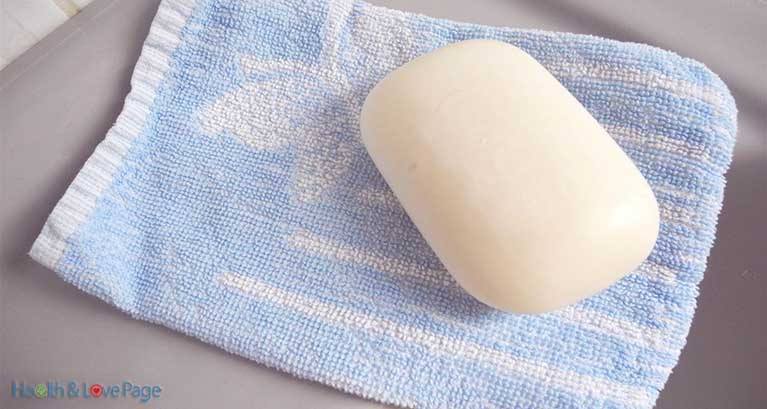According to the Food and Drug Administration (FDA), the industry failed to prove the safety of “antibacterial” soaps, and they don’t do anything to make them work better.
FDA says that soap manufacturers will have to take triclosan and triclocarban out of their products. These companies will have an extra year to negotiate over benzalkonium chloride and other less commonly used similar ingredients. FDA stated that soap manufacturers will no longer be able to market antibacterial soaps containing these ingredients since they failed to prove they are safe for long-term daily use, and that their effectiveness is different than that of water and plain soap when it comes to preventing the spread of certain infections, and various illnesses. FDA shares that some companies have already began removing these ingredients from their soaps.
FDA stated that soap manufacturers will no longer be able to market antibacterial soaps containing these ingredients since they failed to prove they are safe for long-term daily use, and that their effectiveness is different than that of water and plain soap when it comes to preventing the spread of certain infections, and various illnesses. FDA shares that some companies have already began removing these ingredients from their soaps.
FDA reports that at least 2,000 (93%) different liquid products labeled as “antimicrobial” or “antibacterial” contain triclosan. The soap producers were given a whole year in 2013 to prove that the antibacterial chemicals they add in the products actually help them kill germs.
Watch The NBC News VIDEO: FDA Orders Antibacterials Removed From Soaps
The director of the FDA’s Center for Drug Evaluation and Research, Dr. Janet Woodcock, explains that contrary to the popular belief that antibacterial soaps prevent the spread of germs more effectively than plain soap and water, they have no scientific evidence for this. What’s more, FDA have some data according to which the antibacterial ingredients can in fact do more harm than good when used in the long run.
FDA began investigating about triclosan back in 1978. They have called some members of Congress and environmental groups to limit the use of triclosan. NRDC (The Natural Resources Defense Council) sued and the Food and Drug Administration agreed to do something about this ingredient by 2016.
Although triclosan is not proven to be dangerous to people, there are certain animal studies which claim that high levels of triclosan affect the function of the hormones in the body. However, the proposed rule about triclosan refers only to hand soaps and body washes, and not to SITNsince they have proven that the ingredient help kill germs that may lead to gum disease.
FDA added that because of the comments submitted by industry, they postpone rulemaking for a year, regarding 3 additional ingredients included in consumer wash products: chloroxylenol (PCMX), benzethonium chloride, and benzalkonium chloride, when it comes to proving their safety and effectiveness.
The American Cleaning Institute announced its plan to focus on ingredients other than triclosan, as it has given up on the fight over it. They stated that the FDA rule doesn’t refer to antiseptic products used in healthcare settings, consumer hand sanitizers, and antiseptics used in food handler settings.
They continue to say that although FDA has the data which proves both, the effectiveness and safety of antibacterial soaps, producers continue their work to obtain even more research and science to fill the FDA identified data gaps. The Centers for Disease Control and Prevention, and FDA both agree that there’s no need of added antiseptics in soap in order to improve its effectiveness.
FDA explains that running water and plain soap have still remained one of the most important ways to prevent spreading germs and avoid sickness. The U.S. Centers for Disease Control and Prevention (CDC) gives an advice in situations when water and soap are not available and a person has to use a hand sanitizer. In such case, the hand sanitizer should be alcohol-based, with at least 60% alcohol in its content.
Watch The NBC News VIDEO: FDA: No Soap For You!
Triclosan kills the bacteria by break opening the cell walls. However, since this requires few hours, it does little good in the time needed to wash and dry hands. The Food and Drug Administration is also analyzing products and hand sanitizers used by hospitals.
Via NBC News
